Search
Search Results
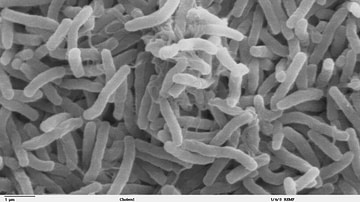
Image
Cholera Bacterium
Scanning electron microscope image of Vibrio cholerae. This is the bacterium that causes cholera.
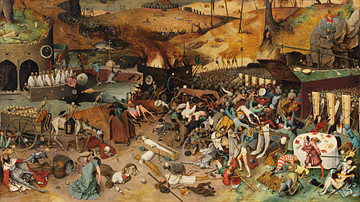
Article
Plague in the Ancient & Medieval World
The word 'plague', in defining a lethal epidemic, was coined by the physician Galen (l. 130-210 CE) who lived through the Antonine Plague (165 - c. 180/190 CE) but the disease was recorded long before in relating the affliction of the Plague...
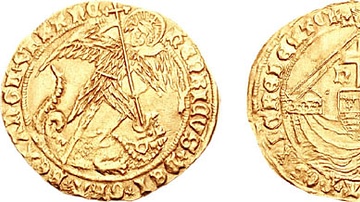
Definition
King's Evil
The king’s evil (from the Latin morbus regius meaning royal sickness), more commonly known as scrofula or medically tuberculous lymphadenitis, was a skin disease believed to be cured by the touch of the monarch as part of their inherited...
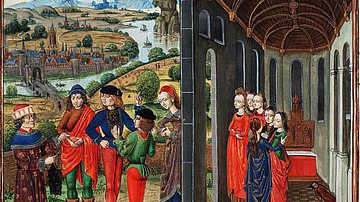
Article
Boccaccio on the Black Death: Text & Commentary
The Black Death is the name given to the plague outbreak in Europe between 1347-1352 CE. The term was only coined after 1800 CE in reference to the black buboes (growths) which erupted in the groin, armpit, and around the ears of those infected...
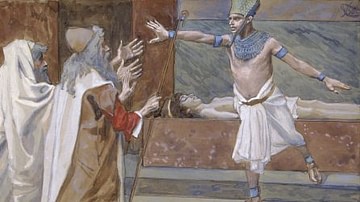
Definition
Ten Plagues of Egypt
The story of the ten plagues of Egypt is found in chapters 7-12 of the Book of Exodus. The story depicts the natural disasters sent by the God of Israel to convince Pharaoh to let the Hebrew slaves leave Egypt. The narrative purpose of the...
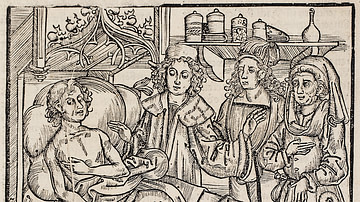
Article
Medieval Cures for the Black Death
The Black Death is the 19th-century CE term for the plague epidemic that ravaged Europe between 1347-1352 CE, killing an estimated 30 million people there and many more worldwide as it reached pandemic proportions. The name comes from the...
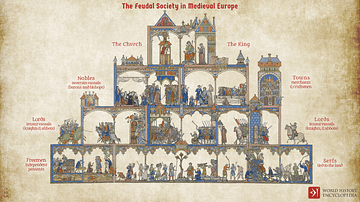
Article
Effects of the Black Death on Europe
The outbreak of plague in Europe between 1347-1352 – known as the Black Death – completely changed the world of medieval Europe. Severe depopulation upset the socio-economic feudal system of the time but the experience of the plague itself...
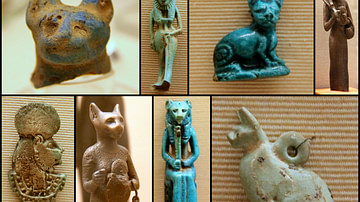
Article
Cats in the Ancient World
Cats and humans have shared in each other's lives for thousands of years and, even though they have not always been regarded as highly as in the present, have played an important role in a number of cultures. Always enigmatic, the cat has...
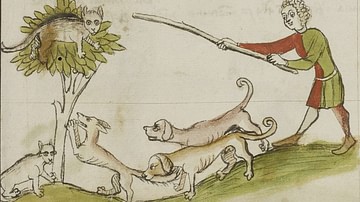
Article
Cats in the Middle Ages
Cats in the Middle Ages were generally disapproved of, regarded as, at best, useful pests and, at worst, agents of Satan, owing to the medieval Church and its association of the cat with evil. Prior to the widespread acceptance of Christianity...
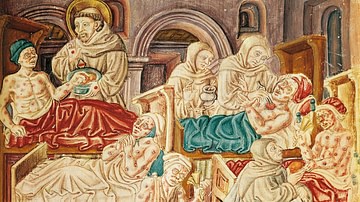
Article
Reactions to Plague in the Ancient & Medieval World
Throughout history, epidemics and pandemics of plague and other diseases have caused widespread panic and social disorder even, in some instances, when the people of one region were aware of a pervasive infection elsewhere. In the case of...